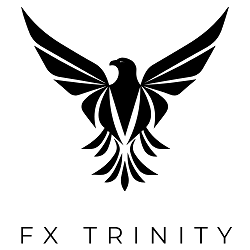Understanding Fibonacci Extensions in Trading
One of the most popular tools used by traders to predict potential price targets in the financial markets is the Fibonacci extensions. These extensions are based on the Fibonacci sequence, a mathematical concept that is found in nature and can also be applied to trading.
What are Fibonacci Extensions?
Fibonacci extensions are used to forecast potential levels of support and resistance beyond the usual retracement levels. They are calculated by taking three key points on a price chart – a swing low, a swing high, and a retracement level – and projecting potential price targets based on the Fibonacci ratios.
How to Use Fibonacci Extensions in Trading
Here are the steps to use Fibonacci extensions in your trading strategy:
Identify a Swing Low and Swing High
The first step is to identify a significant swing low and swing high on the price chart. These points will be used to calculate the Fibonacci extensions.
Draw Fibonacci Retracement Levels
Next, draw the Fibonacci retracement levels from the swing low to the swing high. These levels will help you identify potential areas of support and resistance.
Calculate Fibonacci Extensions
Once the retracement levels are in place, you can calculate the Fibonacci extensions by extending the lines beyond the swing high. The most common Fibonacci extension levels are 1.618, 2.618, and 4.236.
Use Fibonacci Extensions to Identify Price Targets
Finally, use the Fibonacci extensions to identify potential price targets for your trades. These levels can act as areas of support and resistance where you may consider entering or exiting a trade.
Conclusion
Fibonacci extensions are a powerful tool that can help traders predict potential price targets in the financial markets. By following the steps outlined above, you can incorporate Fibonacci extensions into your trading strategy and improve your decision-making process. Remember to always use Fibonacci extensions in conjunction with other technical analysis tools for the best results.










